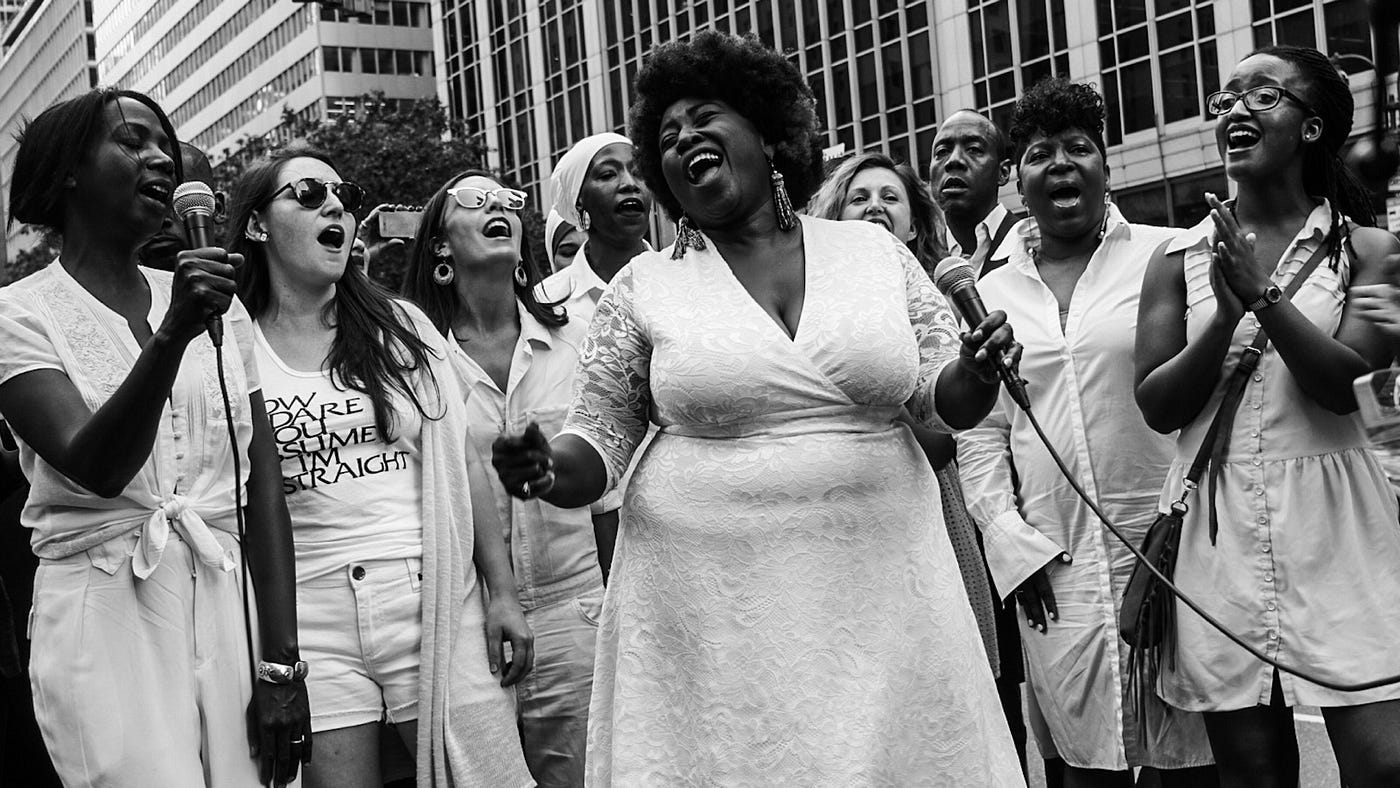
General
Choirs? Pageants? Parties? Navigating Religious Holidays in Public Schools
As the year draws to a close, it’s impossible to turn on the TV without seeing holiday-themed advertisements and promotions. The busiest travel season of the year has begun and students are counting down the days until Winter Break begins. But in public schools across the country, parents and teachers are grappling with how to address the festivities without alienating students with differing beliefs.
Though not without challenges, this is an ideal time of year to model how to be empathetic, inclusive, and respectfully curious in a pluralistic society. Here are a few quick things to keep in mind when navigating seasonal religious holidays in a public school setting.
Teachers can incorporate holiday activities, as long as they have an educational purpose.
The Supreme Court has ruled that public schools may not sponsor religious practices, but can teach about religion (Engel v. Vitale, 1962; Abington v. Schempp, 1963). This remains true, if tricky, in December. A lower federal court held that school activities that recognize seasonal religious holidays are permitted as long as they have a secular educational purpose and do not promote the religious beliefs or traditions of those involved (Florey v. Sioux Falls School District, 8th Cir., 1980).
These parameters affect how teachers talk about religious traditions and what they choose to share. For instance, Christians celebrate Christmas in many different ways. Saying “some Christians believe or celebrate by…” clearly communicates that diversity without assuming that all students are Christian or share those beliefs. Teachers should also ask themselves whether anyone will be made to feel excluded by the activity. If so, why do it? There are plenty of opportunities to mark religious holidays outside of school and that time can be used to enrich students’ learning in other ways.
Schools should avoid promoting one faith over others or favoring religion over non-religious affiliation.
Some schools have tried to “balance” Christmas-themed activities by including Hanukkah traditions. Jewish students may find this validating while non-Jewish students learn something new about their classmates’ faith. But this common misstep has two major problems. First, students of other faiths and of none will still feel left out. Second, promoting religion is not permitted in public schools at any time of year, including December.
Instead, this is a great time to encourage students to celebrate their accomplishments and get excited for the new year. It’s also important to recognize the religious roots of many seasonal symbols. Santa Claus and Christmas trees are both culturally ubiquitous and directly tied to the Christian holiday. As an alternative, teachers can decorate and design activities around snowmen, snowflakes, and other neutral symbols.
Gift-giving is an important part of how some people celebrate. It is not a universal tradition.
The period between Thanksgiving and Christmas is the busiest shopping season of the year. It can also be a great source of financial and social anxiety. In planning end-of-year parties and other celebrations, avoid pressuring parents and students to spend outside their means by welcoming contributions of all kinds. Similarly, refrain from urging students to discuss the presents they received when they return from Winter Break. Keep the focus on the year ahead!
To learn more about creating inclusive schools, check out Religious Holidays in Public Schools: Questions and Answers, published by the Religious Freedom Center of the Newseum Institute. May this be a season of light and learning, in the classroom and beyond.
Transcript

Announcing the 2025-2026 Interfaith Leadership Network Fellows
Interfaith Alliance is proud to announce the 2025–2026 cohort of the Interfaith Leadership Network, an extraordinary group of clergy, pro-democracy advocates, and community leaders advancing civil rights, inclusive religious freedom, and democracy in communities across the country. Through practical support, funding, and a powerful peer network, these fellows will mobilize interfaith collaboration to confront urgent local challenges and strengthen a pluralistic democracy.

One Year of The Trump Administration’s Attacks on Faith Communities and Abuse of Religion
Over its first year, the Trump administration has weaponized religion to advance a white Christian nationalist agenda, attacking faith leaders, houses of worship, immigrants, and religious minorities while undermining core principles of religious freedom. Even as federal power has been used to intimidate and exclude, faith communities across traditions have mobilized to defend democracy, pluralism, and the right of all people to practice their beliefs.

